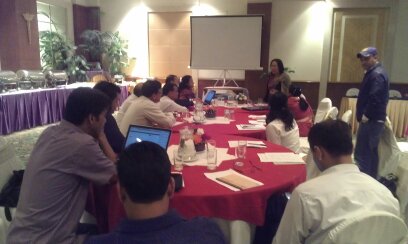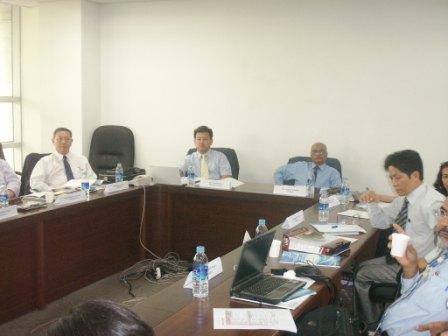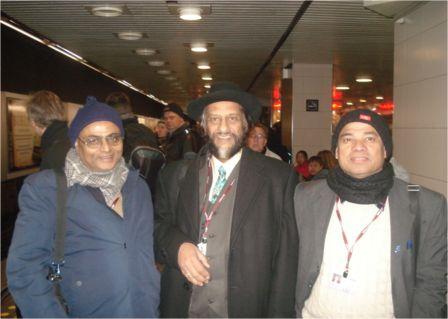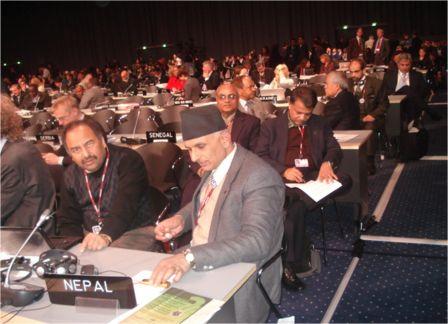Koshi River Basin Management Program
National Water Resources Strategy 2002 and the National Water Plan (NWP) 2005, these documents are regarded as main government policy document on water sector. According to the National Water Resources Strategy 2002, Nepal’s national goal has been defined as “living conditions of Nepali people are significantly improved in a sustainable manner”. It is based on the strategic foundation - Every Nepali Citizen, now and in future, should have access to safe water for drinking and appropriate sanitation, as well as enough water to produce food and energy at reasonable cost. In order to operationalize the Water Resources Strategy of Nepal, a National Water Plan (NWP) was developed and endorsed by the government in 2005. NWP 2005 postulates doctrine of integration, coordination, decentralization and participation.
The objective of NWP is to contribute in a balance manner to the overall national goals of economic development, poverty alleviation, food security, public health and safety, decent standards of living for the people and protection of the natural environment. The implementation of NWP activities is to take place within the time frame of 5, 15 and 20 years The NWP prioritizes Integrated Water Resources Management (IWRM) as one of the principle themes for the management of water and related resources.
Koshi River Basin Management (KRBM) was initiated as a pilot program to formulate National Water Plan 2005. Within KRBM, Dudh-koshi sub-basin was selected to formulate its strategies and Nele (Solukhumbu) and Moli (Okhaldhunga) was identified as pilot sites. WECS awarded ADAPT-NEPAL to build capacity for local integrated resource management communities and Koshi River Basin stakeholders about Integrated River Basin Management using IWRM tools. In an endeavor to the same, training tool kits about IWRM for local and basin level communities was developed to achieve the balance between socio-economic development and environmental sustainability and maintain equitable participation of stakeholders.
In an endeavor to the same, two days capacity building training/workshops for local Siku Khola Integrated Resource Management Community at Nele and Pankhu Khola Integrated Resource Management Community at Moli were organized. At the time, tool kits on various measures of water resource management like efficient use of water resources, community based water induced disaster risk reduction, rain water harvesting systems, and others were introduced. Information regarding the climate change, its causes, and its impacts were also disseminated through visual devices. Similarly, one day capacity building/training workshop for basin level communities at Biratnagar was organized.








.jpg)